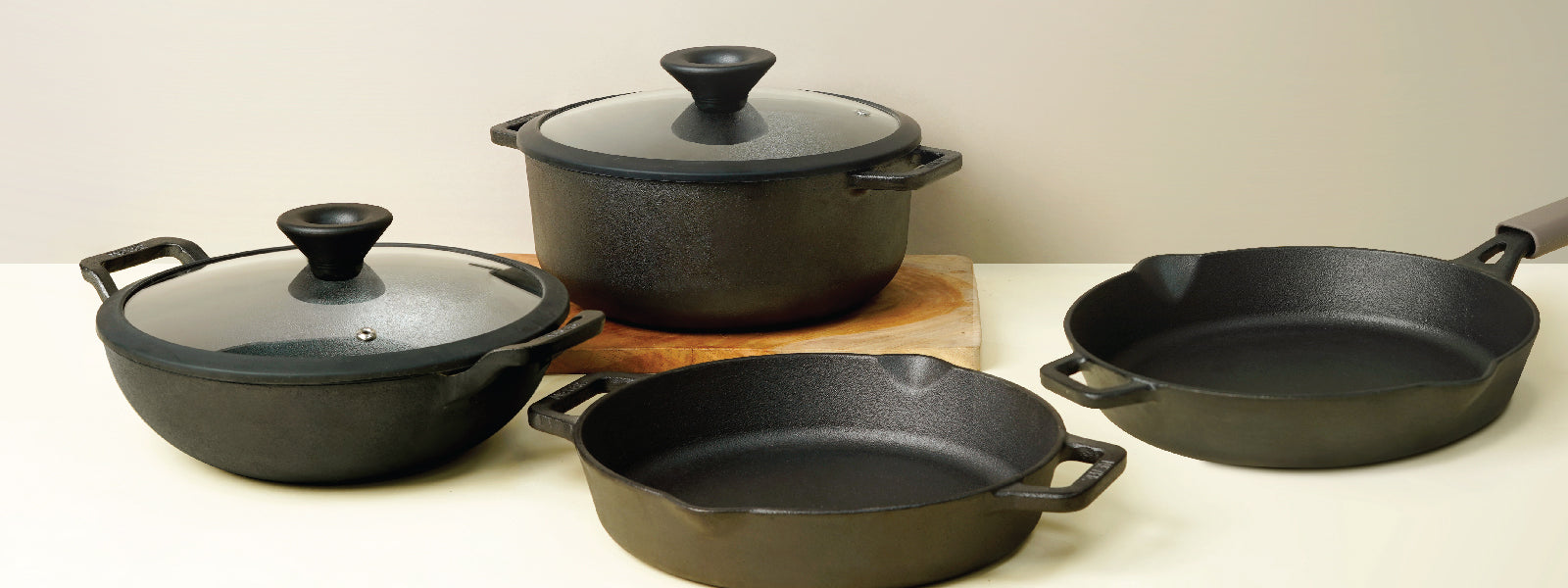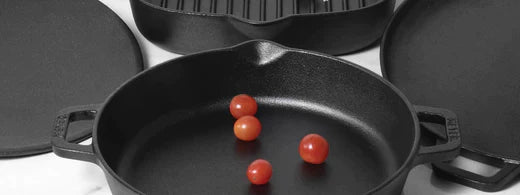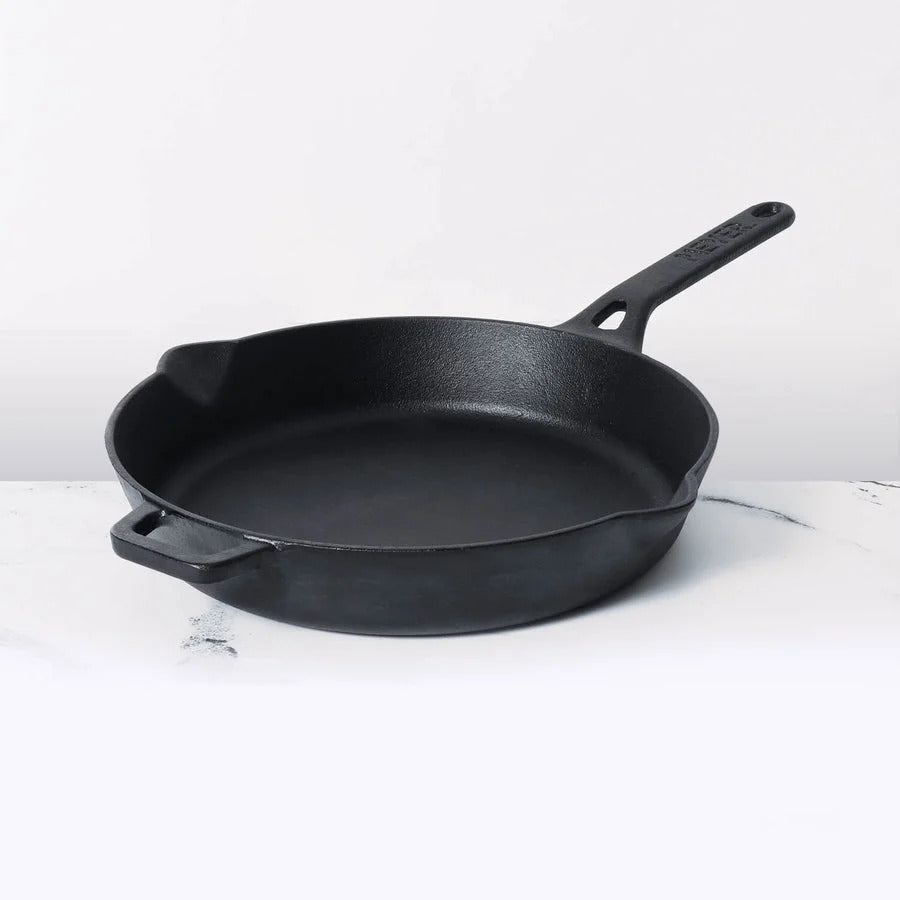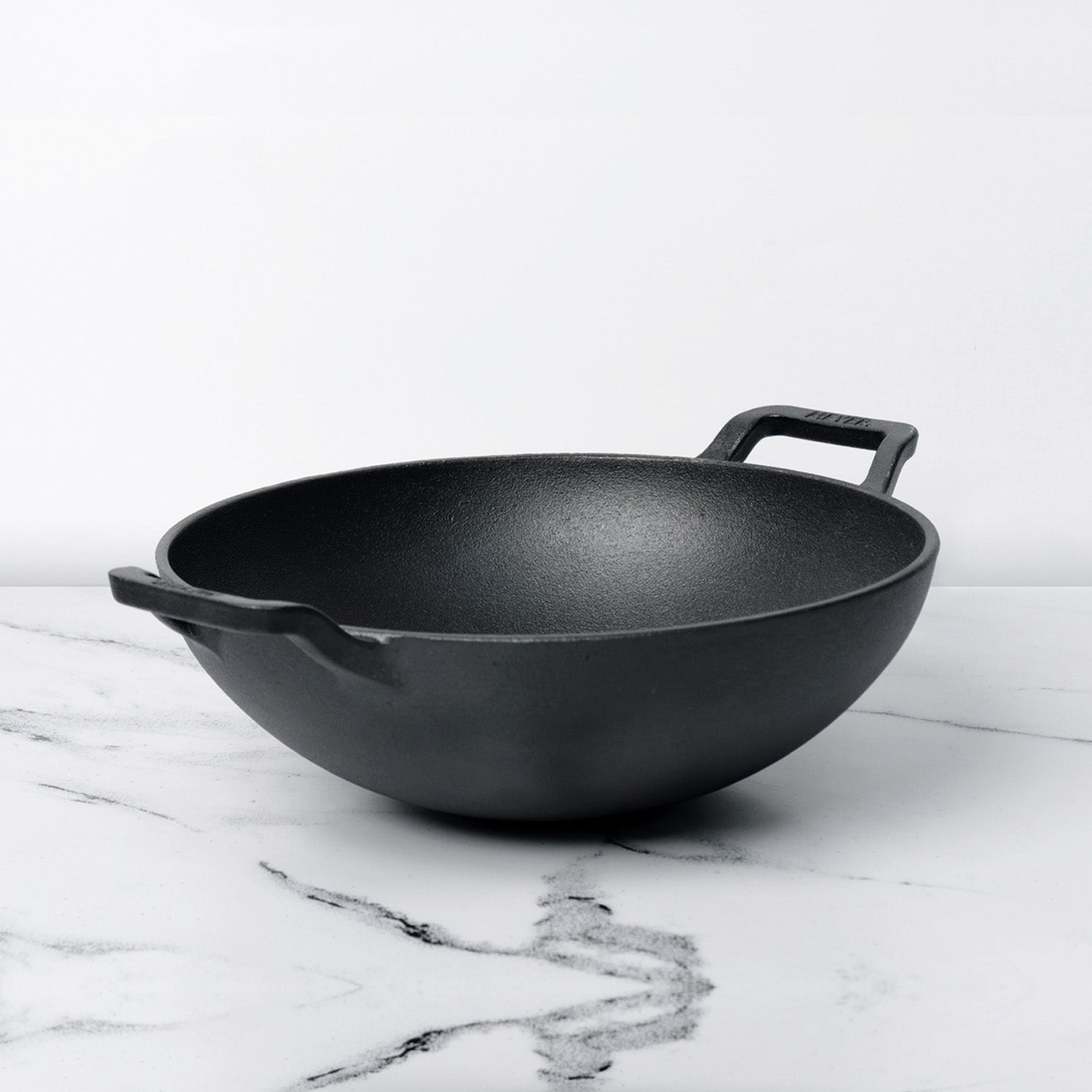Zinc plays a crucial role in supporting immune health, unveiling its immune-boosting properties. As an essential mineral, zinc is involved in various aspects of the immune system, including immune cell development, function, and response. Zinc supports the activity of white blood cells, which are essential for defending the body against pathogens like bacteria, viruses, and fungi. It helps regulate the production of antibodies and cytokines, which are signaling molecules involved in immune response and inflammation. Zinc also plays a role in maintaining the integrity of the skin and mucous membranes, serving as a barrier against pathogens. Additionally, zinc deficiency has been linked to impaired immune function and increased susceptibility to infections. Incorporating zinc-rich foods such as lean meats, shellfish, legumes, nuts, seeds, and whole grains into your diet can help support immune health and enhance the body's ability to fight off infections. Supplementing with zinc may be beneficial for individuals at risk of deficiency or those looking to boost their immune system during periods of increased susceptibility to illness, but it's essential to consult with a healthcare professional before starting any supplementation regimen.
Table of Contents
What Is Zinc?
Zinc is an essential trace mineral that plays a crucial role in various physiological processes within the body. It is required for the function of over 300 enzymes involved in metabolism, digestion, nerve function, and immune response. Zinc is also involved in cell growth and division, DNA synthesis, wound healing, and the senses of taste and smell. Additionally, zinc is an important antioxidant, helping to protect cells from damage caused by free radicals and oxidative stress. Adequate zinc intake is necessary for maintaining overall health and well-being, and it is particularly important for supporting immune function, promoting wound healing, and ensuring proper growth and development. Good food sources of zinc include meat, poultry, seafood, dairy products, nuts, seeds, and whole grains.
How Is Zinc And The Immune System Related?
Zinc plays a crucial role in modulating the immune system and supporting its optimal function. Here's how zinc and the immune system are related:
- Immune Cell Function: Zinc is essential for the development, maturation, and activity of various immune cells, including white blood cells (such as neutrophils, macrophages, and natural killer cells), T lymphocytes, and B lymphocytes. These immune cells play key roles in identifying and eliminating pathogens (such as bacteria, viruses, and fungi) and mounting an effective immune response to infections.
- Antioxidant Defense: Zinc acts as an antioxidant, helping to protect immune cells from oxidative damage caused by free radicals and reactive oxygen species. By neutralizing free radicals, zinc helps maintain the integrity and function of immune cells, ensuring they can effectively carry out their roles in immune defense.
- Cytokine Production: Zinc plays a role in regulating the production of cytokines, which are signaling molecules involved in immune response and inflammation. Zinc helps modulate the balance of pro-inflammatory and anti-inflammatory cytokines, promoting a controlled and balanced immune response. This balance is essential for effectively fighting infections while preventing excessive inflammation and tissue damage.
- Barrier Function: Zinc is involved in maintaining the integrity of the skin and mucous membranes, which serve as physical barriers against pathogens. Adequate zinc levels support the function of epithelial cells, which line the respiratory, gastrointestinal, and urinary tracts, as well as the skin. A strong barrier helps prevent pathogens from entering the body and initiating infections.
- Antiviral Activity: Zinc exhibits antiviral properties and has been shown to inhibit the replication of certain viruses, including rhinoviruses (the cause of the common cold) and coronaviruses. Zinc ions interfere with viral replication by blocking viral enzyme activity and inhibiting viral attachment and entry into host cells.
Immune-Boosting Properties Of Zinc:
Zinc possesses several immune-boosting properties crucial for supporting the body's defense against pathogens and maintaining overall health. Firstly, zinc plays a key role in enhancing the function of various immune cells, including white blood cells, T lymphocytes, and natural killer cells, involved in identifying and eliminating pathogens. Secondly, zinc helps regulate the production of cytokines, signaling molecules that orchestrate immune responses, promoting a balanced and effective immune response. Additionally, zinc acts as an antioxidant, protecting immune cells from oxidative damage and ensuring their optimal function. Moreover, zinc contributes to maintaining the integrity of the skin and mucous membranes, serving as physical barriers against pathogens. Lastly, zinc exhibits antiviral activity, inhibiting the replication of certain viruses and reducing the severity and duration of infections. Overall, zinc's immune-boosting properties make it essential for supporting immune function, reducing the risk of infections, and promoting overall well-being.
Sources Of Zinc:
Several foods are rich sources of zinc, making them valuable additions to your diet to ensure adequate intake of this essential mineral. Some of the best food sources of zinc include:
- Meat: Beef, lamb, pork, and poultry are excellent sources of zinc, particularly red meats like beef and lamb. Organ meats like liver are also high in zinc.
- Shellfish: Shellfish such as oysters, crab, lobster, and shrimp are among the richest sources of zinc. Oysters, in particular, are known to have exceptionally high zinc content.
- Fish: Certain types of fish, including salmon, trout, and tuna, provide moderate amounts of zinc. Canned fish like sardines and anchovies with bones are also good sources of zinc.
- Legumes: Legumes like chickpeas, lentils, black beans, and kidney beans are plant-based sources of zinc. These legumes are also rich in fiber, protein, and other essential nutrients.
- Seeds: Pumpkin seeds, hemp seeds, sesame seeds, and sunflower seeds are rich in zinc. Snacking on seeds or adding them to salads, yogurt, or baked goods can boost your zinc intake.
- Nuts: Certain nuts such as cashews, almonds, and pine nuts contain zinc. Enjoying nuts as a snack or adding them to cereals, salads, or stir-fries can provide additional zinc to your diet.
- Dairy Products: Dairy foods like cheese, milk, and yogurt contain zinc. Opt for low-fat or non-fat dairy options to limit saturated fat intake while still benefiting from their zinc content.
- Eggs: Eggs are a good source of zinc, particularly the yolk. Incorporating eggs into your diet can contribute to your overall zinc intake.
- Whole Grains: Whole grains like wheat, barley, oats, and quinoa contain zinc. Choosing whole grain products such as bread, pasta, and cereals can provide zinc along with fiber and other nutrients.
- Fortified Foods: Some foods, such as breakfast cereals, snack bars, and plant-based milk alternatives (e.g., soy milk, almond milk), are fortified with zinc to help increase dietary intake, particularly for individuals with dietary restrictions.











Leave a comment